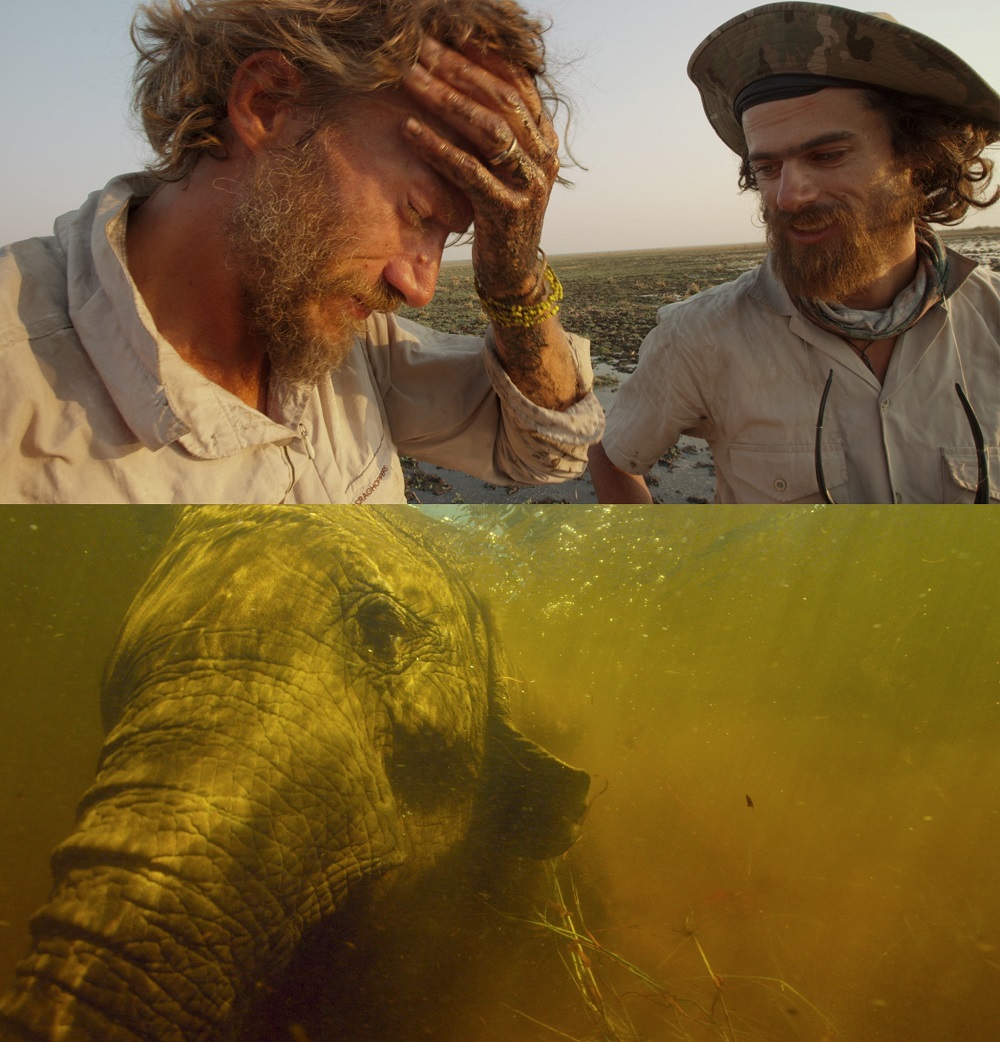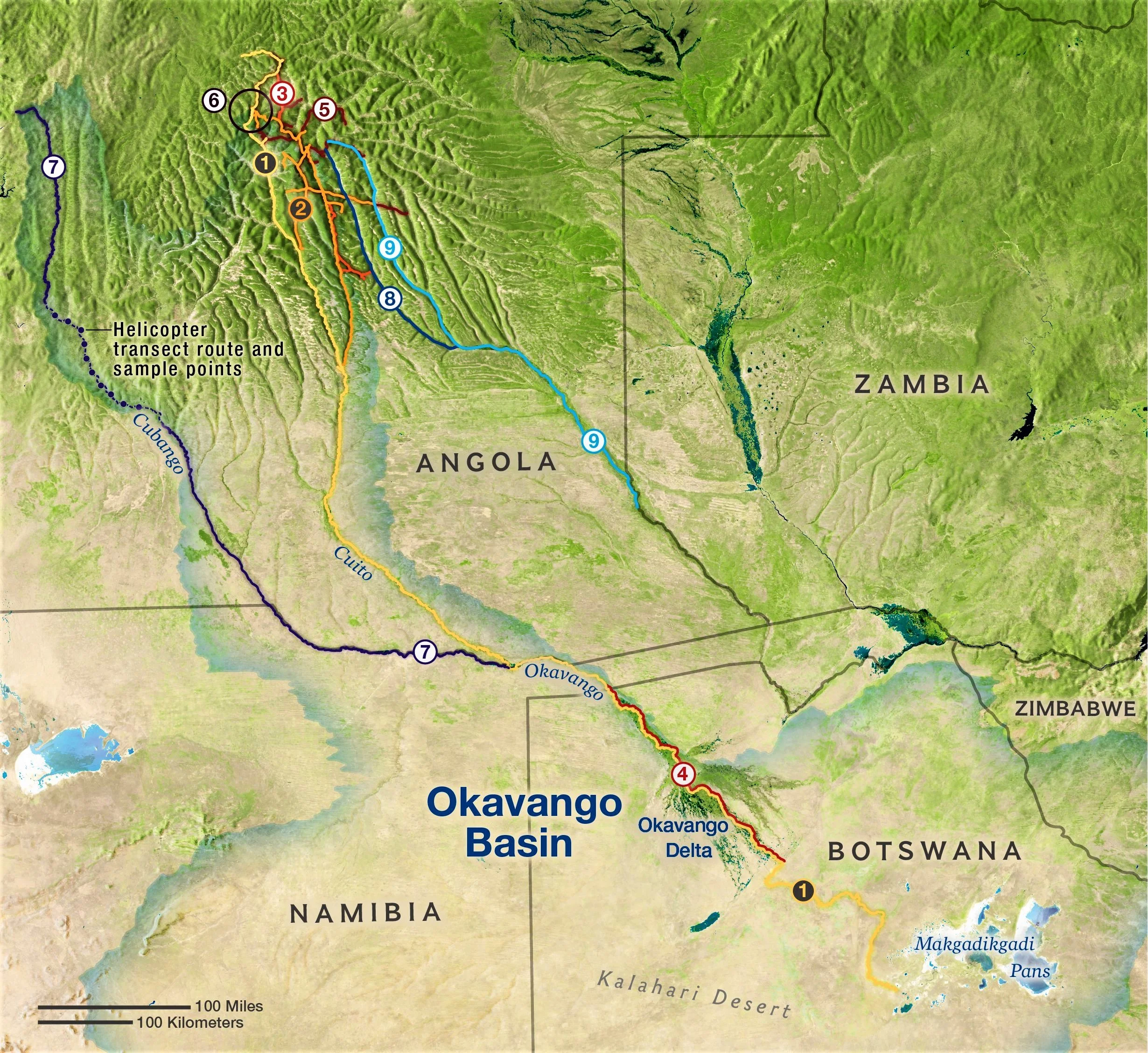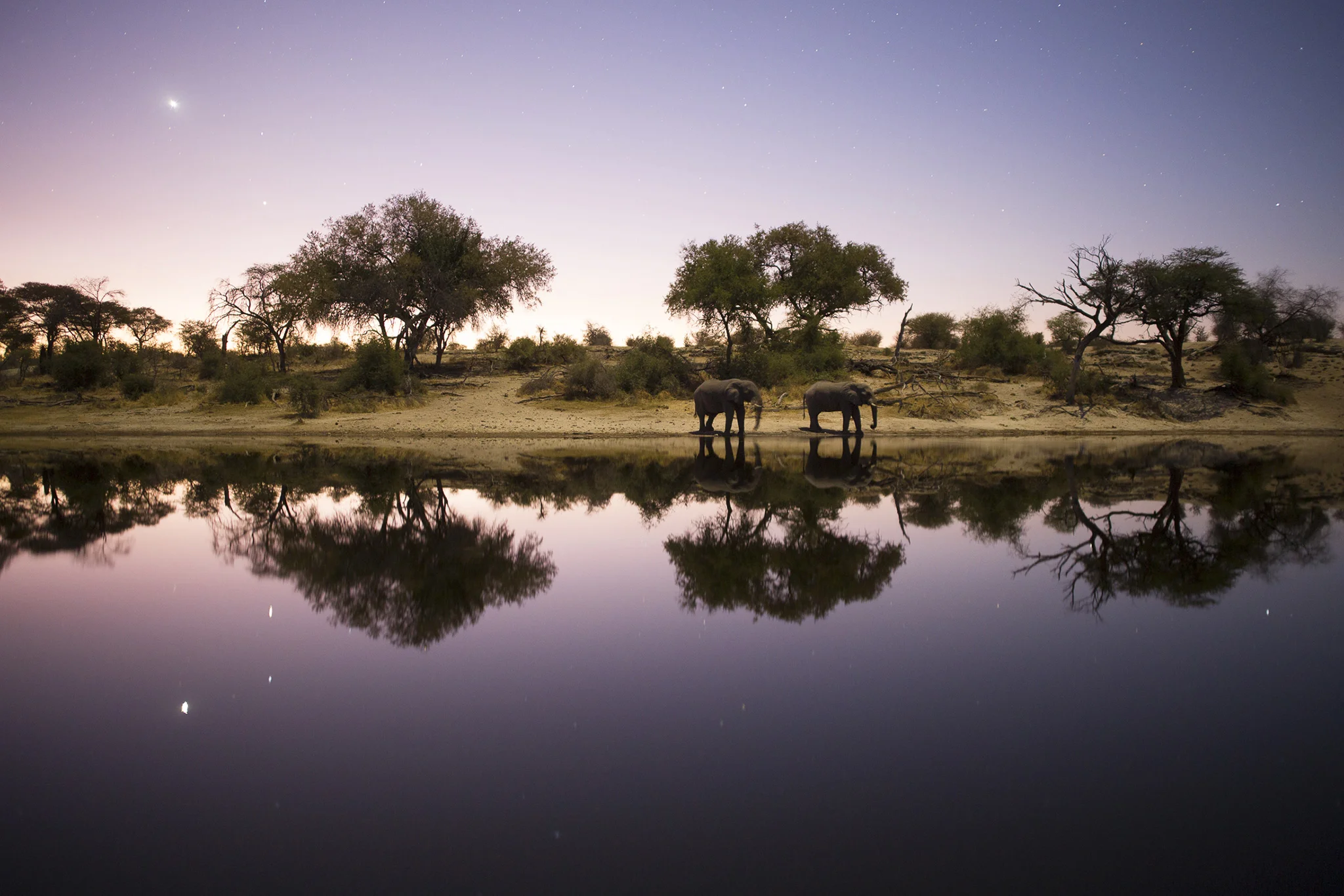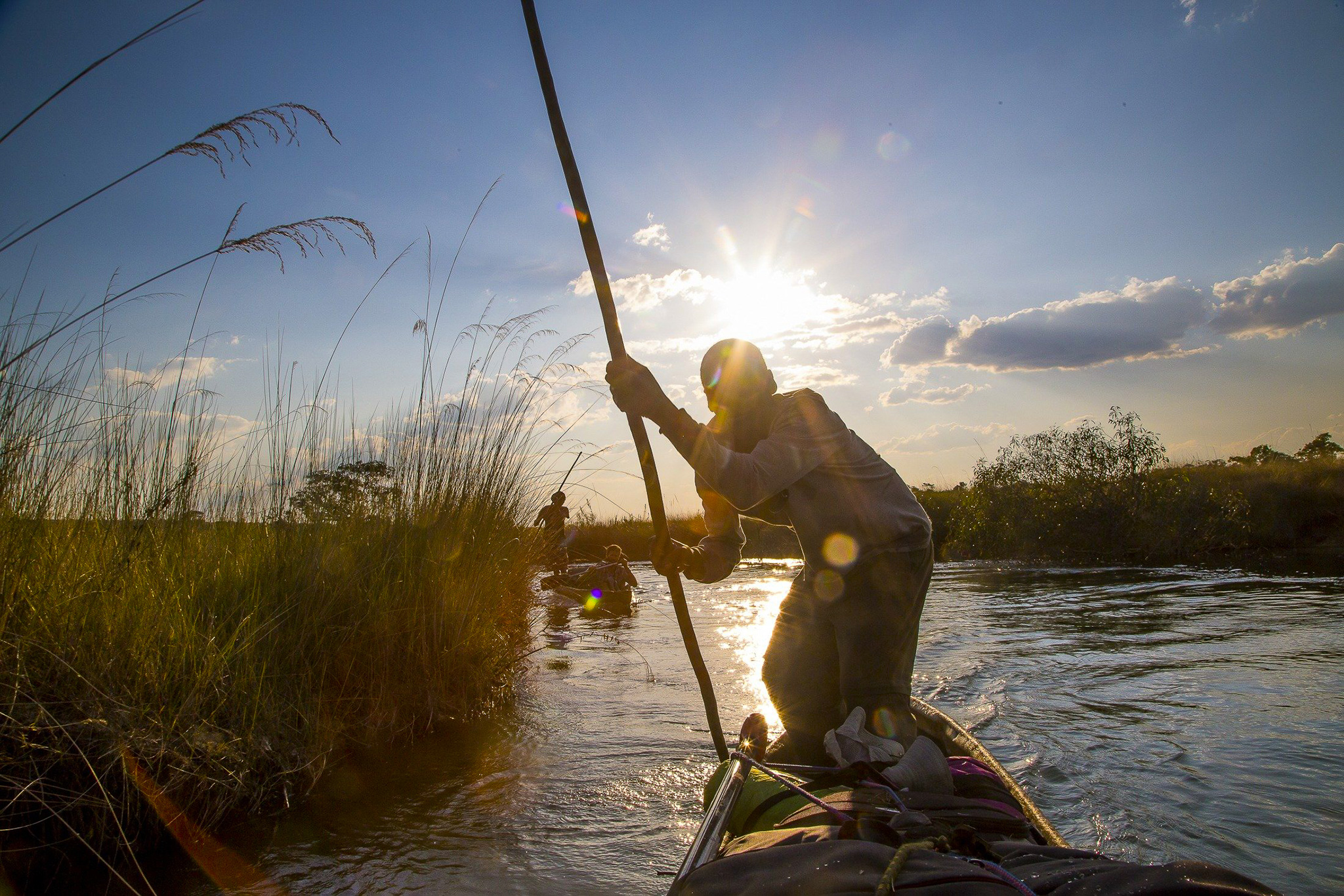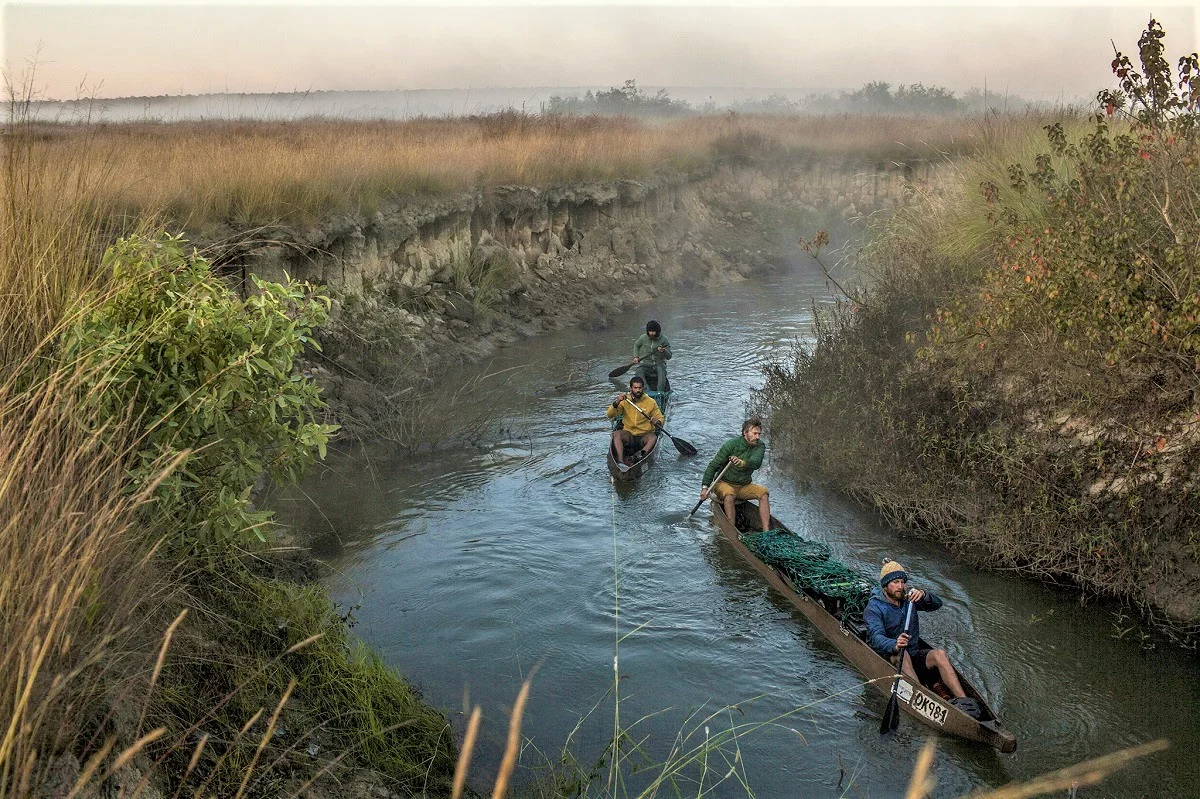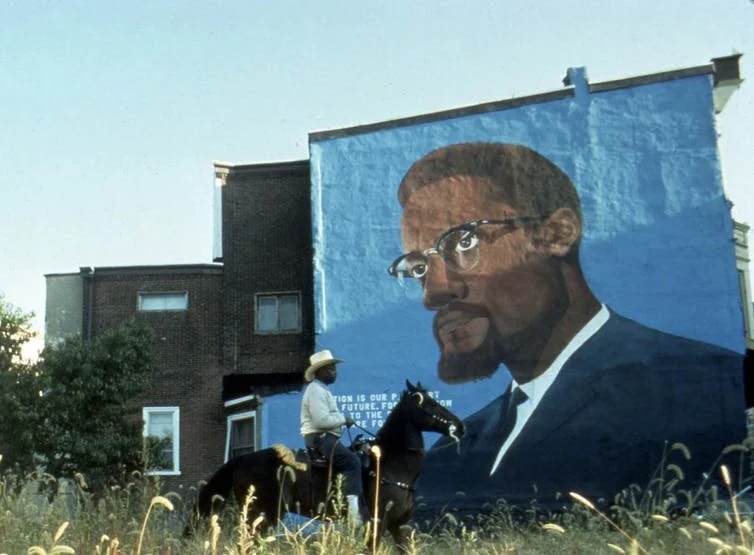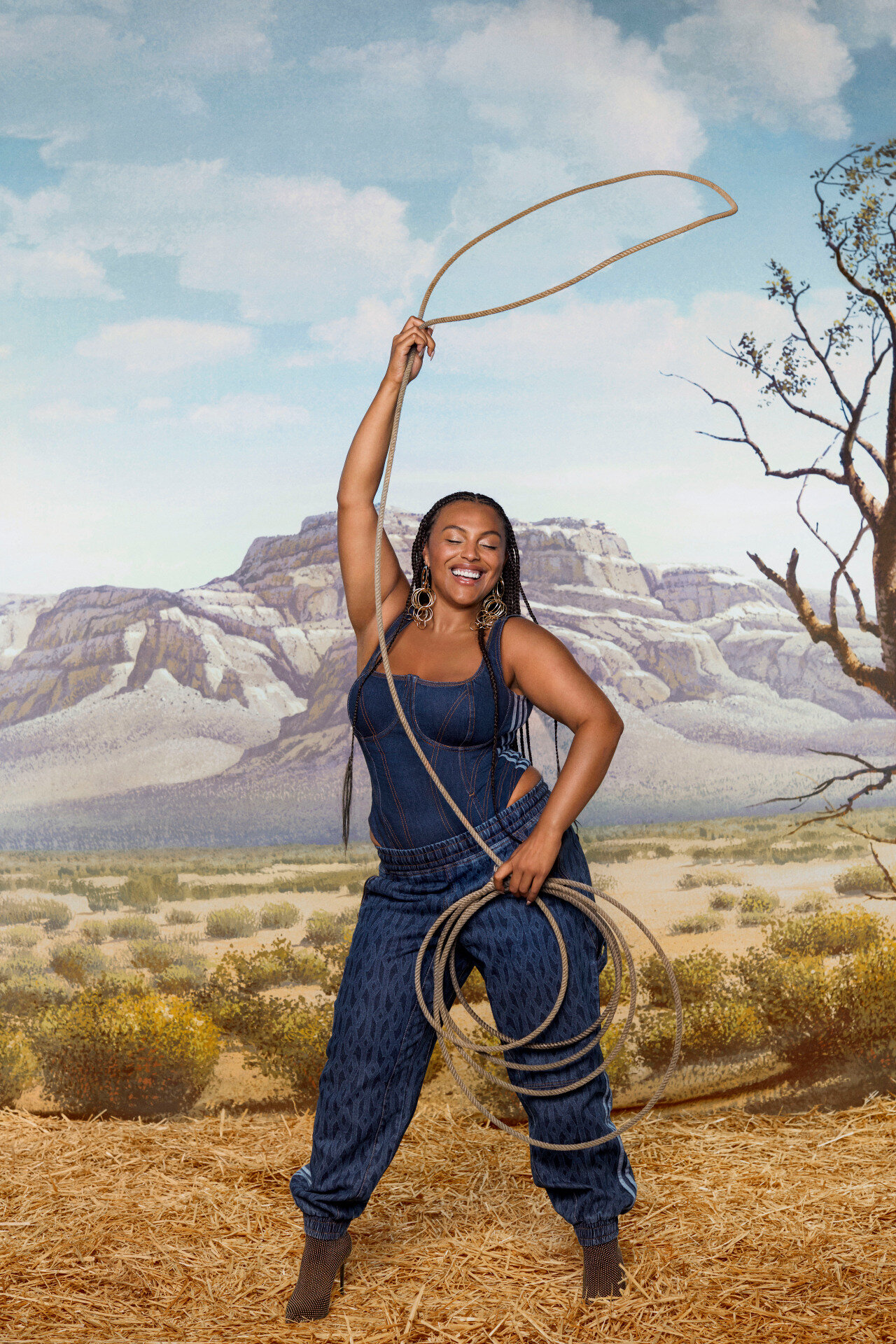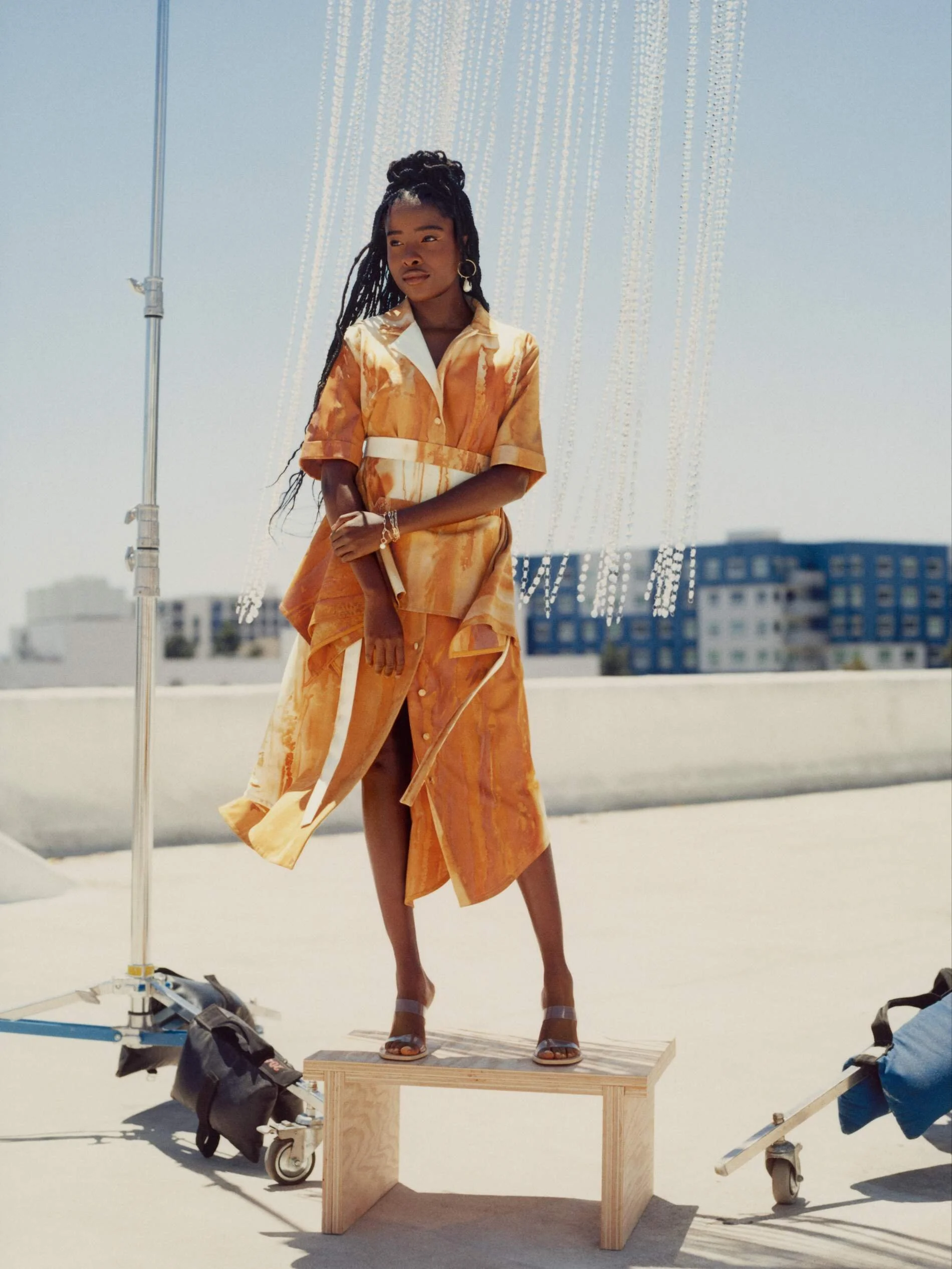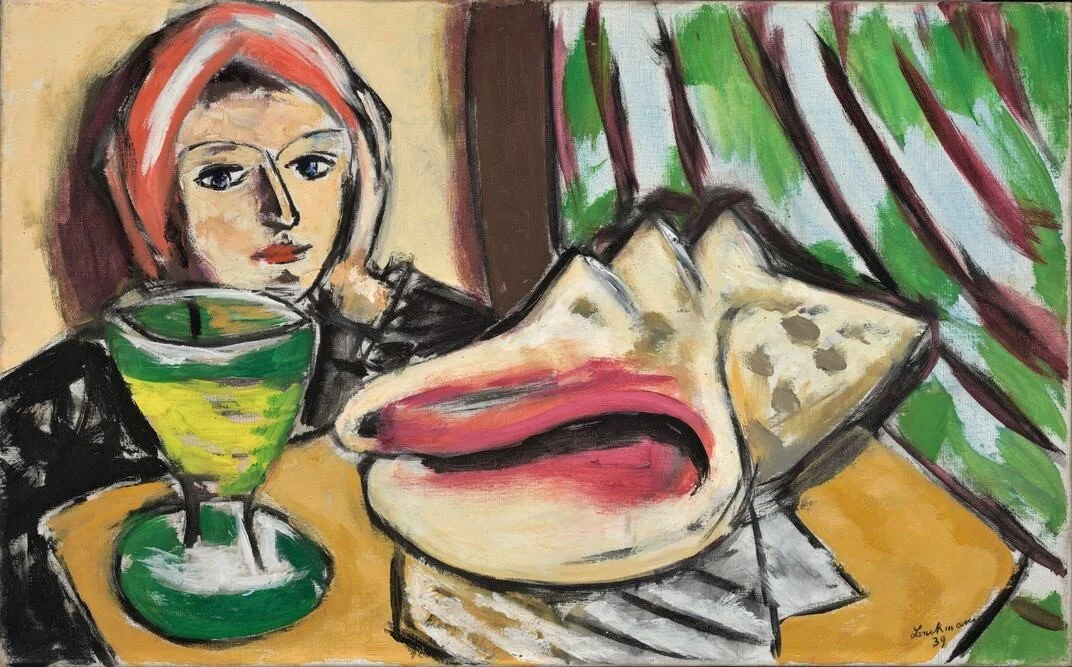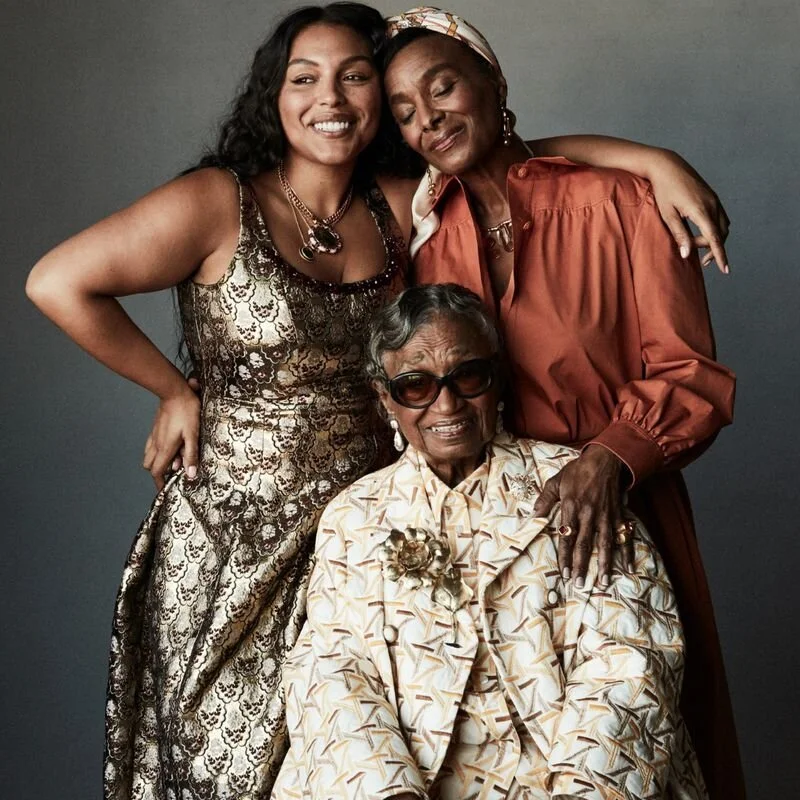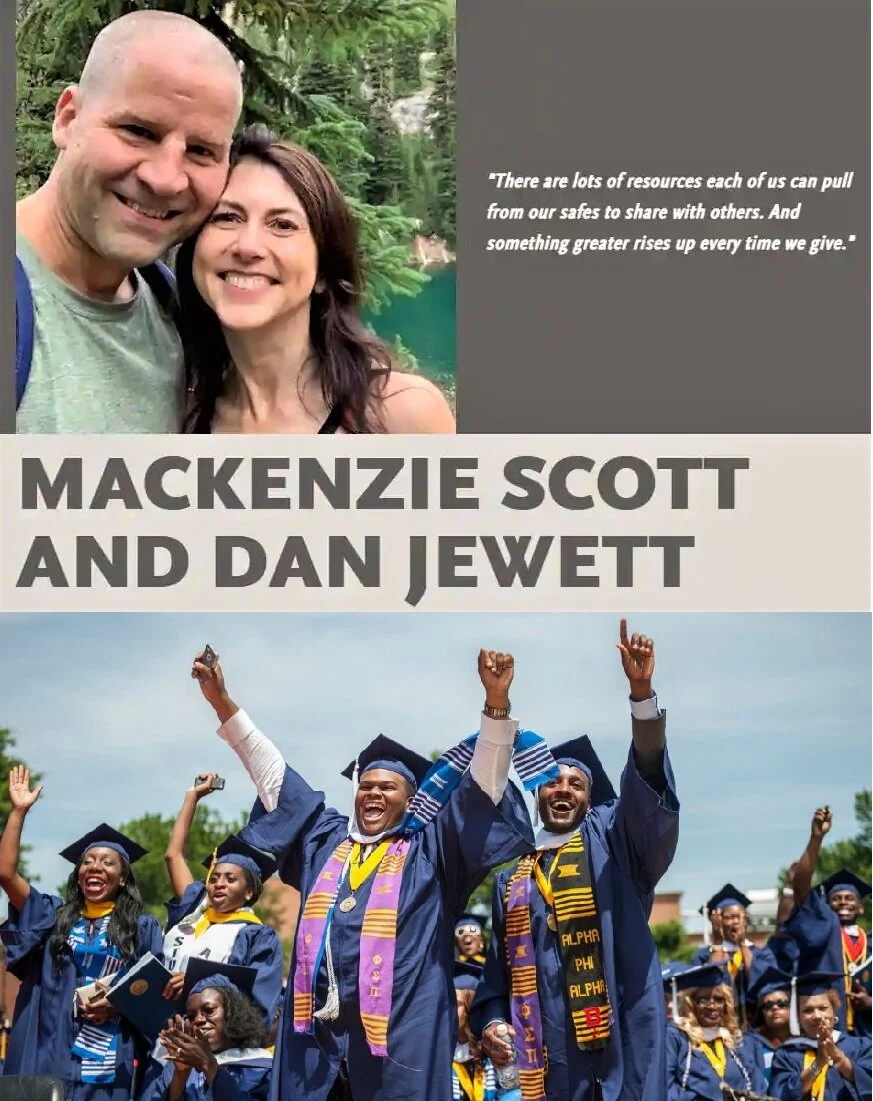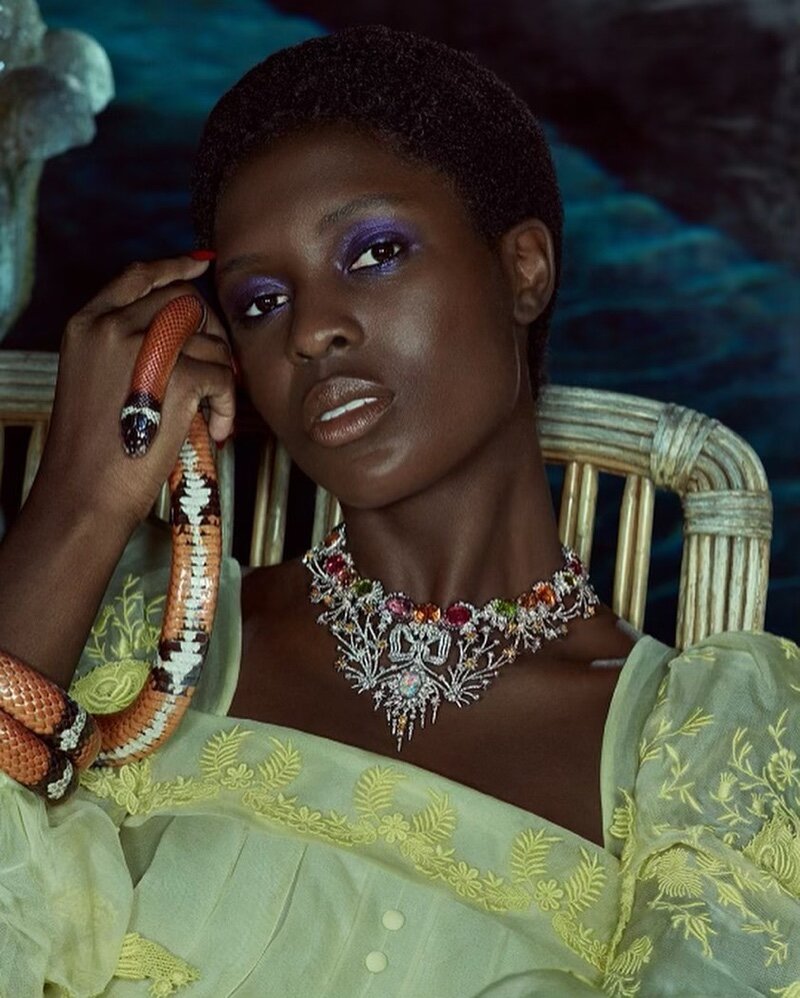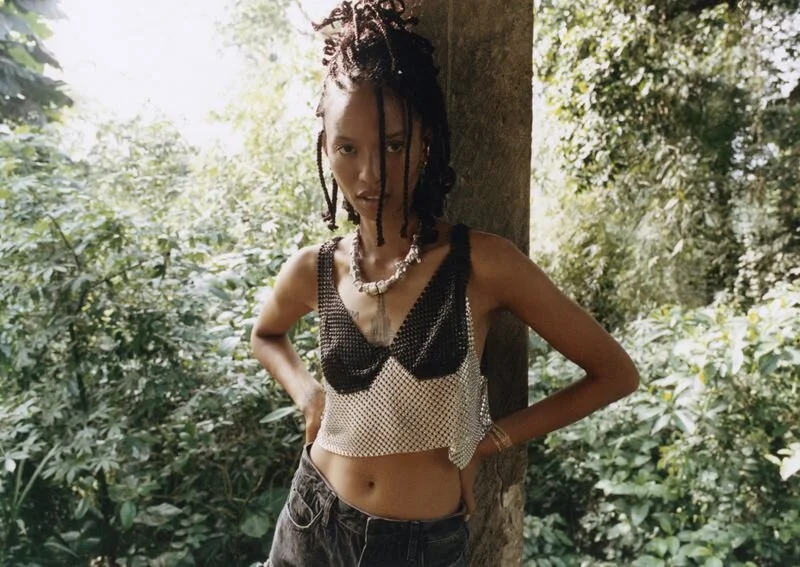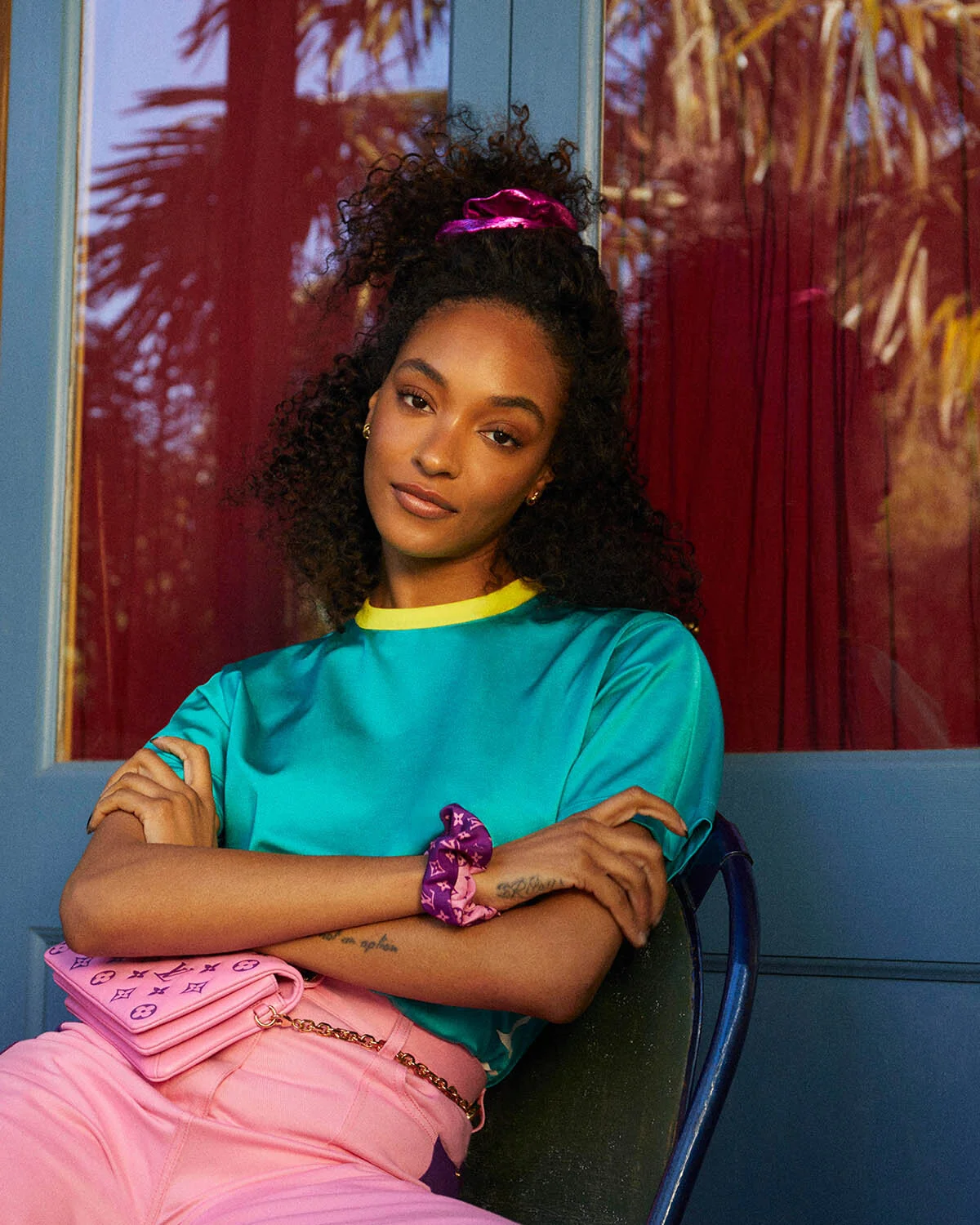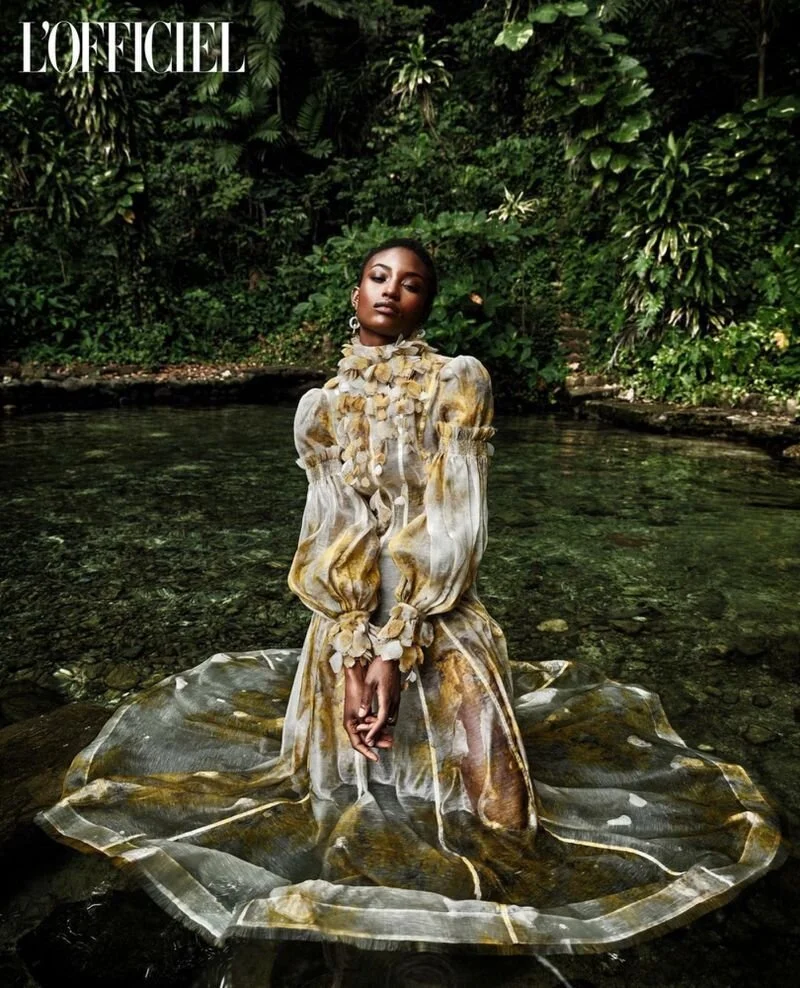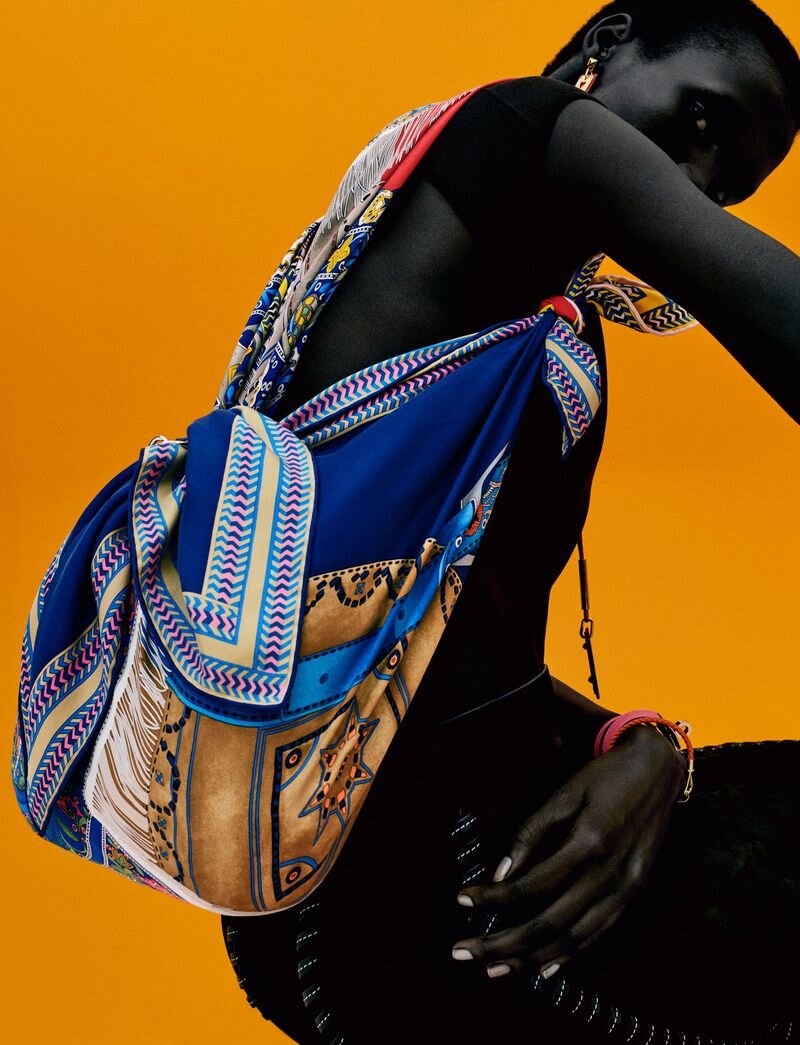Prince Harry, Nat Geo, Steve Boyes Take Us 'Into The Okavango' A Fragile Ecosystem We Simply MUST Save
/Prince Harry, the Duke of Sussex, discussed his ‘20 year connection’ with Angola and Botswana, posting a heartfelt Instagram message on Thursday. The tribute was created in conjunction with a fundraising event promoting National Geographic’s ‘Into The Okavango’ documentary film.
Harry explained that he is ‘grateful’ to see National Geographic partnering with both the Angolan government and The Halo Trust to promote the sustainable management of the Okavango Delta’s resources.
The fragile ecosystem is the primary water source for a million people and is home to the world's largest remaining elephant population, and its source rivers are in Angola. Significant populations of lions, cheetahs and hundreds of species of birds also live in this once unspoiled oasis now under seige.
“Millions of people, food security and regional power generation are dependant on these free-flowing rivers. Threats such as uncontrolled fires, the bushmeat trade, unsustainable harvesting of the forest and rapid biodiversity loss are already destroying this incredible and delicate landscape. Known by the locals as ‘Source of life’, this ecosystem is wilderness at its best, playing an absolutely crucial role for the planet, people and wildlife. This is our one and only chance to save this magnificent last Eden.”
Elephtants in the Okavango Delta. Image by Cory Richards and John Hilton.
From National Geographic Documentary Films, ‘Into the Okavango’ chronicles a team of modern-day explorers on their first epic four-month, 1,500-mile expedition across three countries to save the river system that feeds the Okavango Delta, one of our planet’s last wetland wildernesses.
Since 2015, National Geographic Fellow Dr. Steve Boyes and an interdisciplinary team of scientists and explorers have been surveying the river system and working to protect the Okavango watershed.
Map by NGS Staff; Martin Gamache, Art of the Mappable.
This is the map and schedule of Dr. Boyes’ expeditions into the Okavango.
Writing for Paste Magazine in December 2018, Amy Glynn expressed the profound sentiments of the movie:
If you want to know why, and why it matters, as Steven Boyes says, to preserve places hardly anyone ever goes and that you have to risk your life to get to, Into the Okavango is a documentary to make sure you watch. It’s not just beautiful. It’s subtle. And it’s a slightly shocking voice in the chorus of “fix this before it’s too late” nature programs, and I mean shocking because even if you’re pretty sharp on the subject of environment, you might not realize that there are still places humans might not ever have been before. Until a few years ago, no one was known to have poled the length of the Okavango delta from its source waters, a journey that crosses through three countries, the largest of which, Angola, has been devastated by war for decades and is still riddled with land mines. Now its capital, Luanda, is experiencing rapid, explosive development. A lot of water is getting diverted. Irrigation, dams, plumbing. Grow up in Luanda and you might not have a very strong sense of the connection between the new neighborhoods springing up around you and, say, elephants. There are no elephants in Luanda. No one’s seen elephants in Angola for a long time. Most folks would tell you there aren’t any. (Spoiler: Those folks would be mistaken.)
Downstream, however, a million people and thousands of other species (including the largest elephant population on Earth) are finding their water security is threatened. Bird populations are declining. A decline in any population stands out in a place like the Okavango Delta because life there is such a staggeringly well-delineated jigsaw puzzle. Remove anything and you threaten collapse. Every life form depends on every other at some level, and they all depend on water. Downstream, the water is compromised. To figure out why, Boyes, marine biologist Adjani Acosta, and a crew of very stalwart individuals literally went to the source, and traveled hundreds of miles through the Okavango’s source waters to assess the situation.
Harry’s Deeply-Felt Connection to Africa
PRINCE HARRY, PHOTOGRAPHED FOR TOWN & COUNTRY by ALEXEI HAY
In Town & Country December 5, 2017, Executive Travel Editor Klara Glowczewska shared her experiences with Harry in Malawi, just days before he and Meghan Markle took a "huge leap" together after just two intense dates and went camping in Botswana.
As Harry put it: “We camped out with each other under the stars, sharing a tent and all that stuff. It was fantastic.”
Klara and Harry were both staying in Malawi’s Liwonde National Park, invited by the conservation organization called African Parks. Underway was “one of the most radical maneuvers in conservation history: sedating and translocating 500 elephants from Liwonde, where they were endangered with no protection to Nkhotakhota, another Malawian nature reserve where the elephants would be under African Parks protection.”
Harry has made helping to save the earth’s wild places one of his critical missions. “We need to look after [them],” he said, “because otherwise our children will not have a chance to see what we have seen. And it’s a test. If we can’t save some animals in a wilderness area, what else can’t we do?”
Harry described his pre-Megan relationship to Africa as one in which he loses himself in the bush. “This is where I feel more like myself than anywhere else in the world. I wish I could spend more time here….”, he told Klara. In other interviews Harry has called Africa his second home.
Meghan, Harry + Archie are off to Africa this fall. And while we were about to show pictures of the camp in Botswana where they spent five solitary days together, shortly after meeting, I’m personally impacted by the solemn nature of both the trailer for the Tribeca Film Festival winning ‘Into the Okavanga’.
It occurs to me that AOC doesn’t often (not sure when) doesn’t write many stories with only men in the imagery. Even in the world of saving elephants and other precious animals, we are focused on the new world and terrific results of women rangers.
Out of love and respect for Harry, and being so impacted with Dr. Boyes and his profound work on this documentary ‘Into the Okavango’ — and his 2018 TED Talk below —we’ll let more images from the Nat Geo project do the talking. This is one Boys Club story that I am happy to write — albeit sadly and with a few tears in my eyes. ~ Anne
